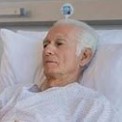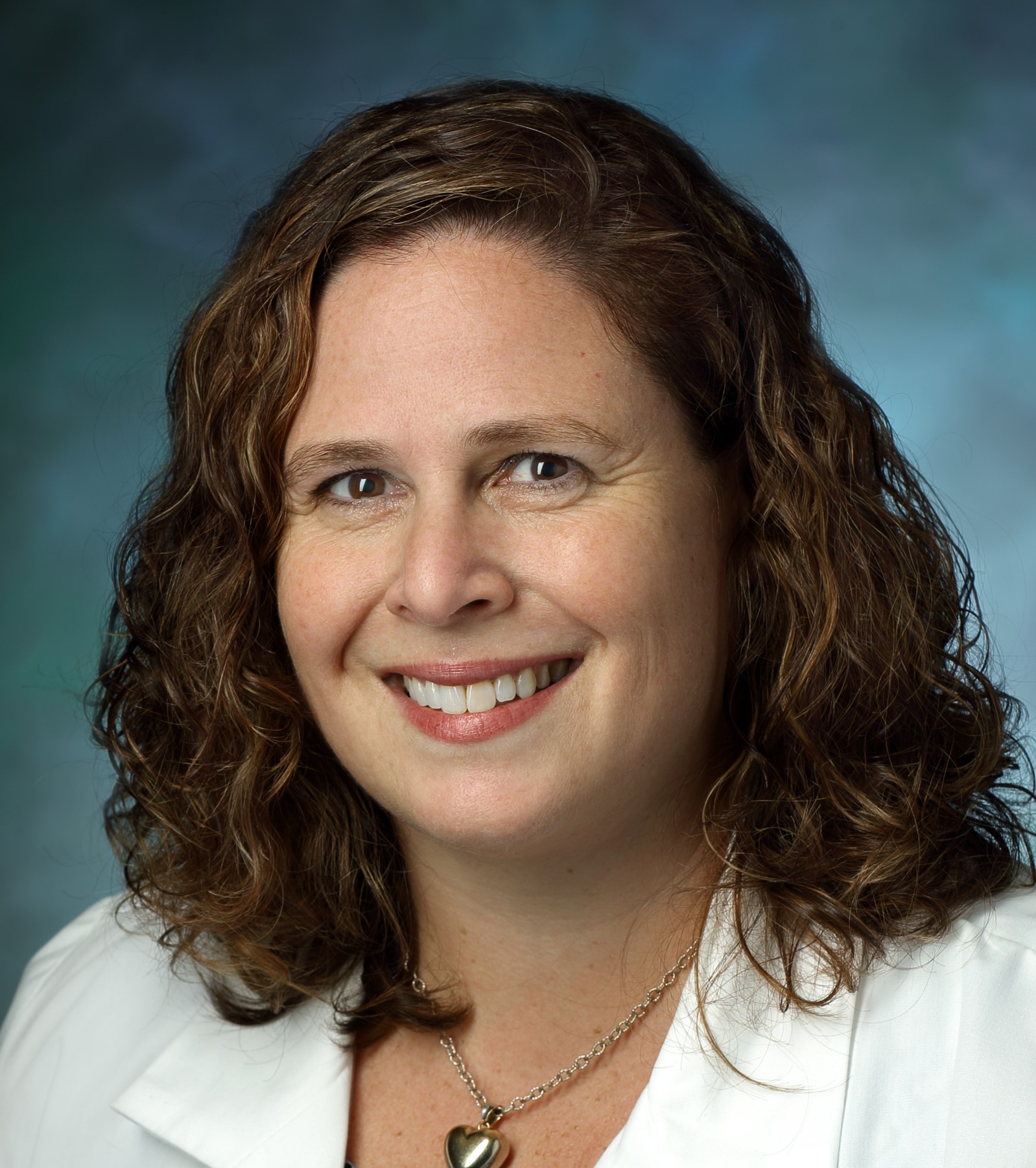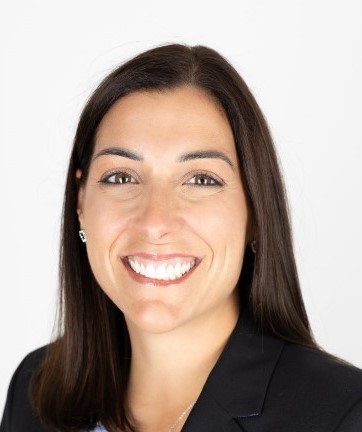Overview
In this activity, five experts from the multidisciplinary team discuss the management of patients with advanced non-small cell lung cancer (NSCLC) bearing MET alterations. They consider biomarker testing, treatment selection and long-term care of patients newly diagnosed with METex14-mutated NSCLC, and patients who develop resistance to EGFR-targeted therapy due to MET amplification.
Target Audience
This activity has been designed to meet the educational needs of oncologists, respiratory specialists, pathologists, oncology nurse specialists and hospital pharmacists involved in the management of NSCLC.
USF Accreditation
Disclosures
USF Health adheres to the Standards for Integrity and Independence in Accredited Continuing Education. All individuals in a position to influence content have disclosed to USF Health any financial relationship with an ineligible organization. USF Health has reviewed and mitigated all relevant financial relationships related to the content of the activity. The relevant relationships are listed below. All individuals not listed have no relevant financial relationships.
Faculty
Dr Xiuning Le discloses: Advisory board or panel fees from Abbvie, Abion, Arrivent, AstraZeneca, Bayer, Blueprint Medicines, Boehringer Ingelheim, Daiichi Sankyo, Eli Lilly, EMD Serono (Merck KGaA), Hengrui Therapeutics, Janssen, Novartis, Regeneron, Sensei Biotherapeutics, Spectrum Pharmaceutics, SystImmune, Taiho, Teligene and Taiho. Consultancy fees from Abbvie, Abion, Arrivent, AstraZeneca, Bayer, Blueprint Medicines, Boehringer Ingelheim, Eli Lilly, EMD Serono (Merck KGaA), Hengrui Therapeutics, Janssen, Spectrum Pharmaceutics, Novartis, Regeneron, Sensei Biotherapeutics, Spectrum Pharmaceutics, SystImmune, Taiho and Teligene and Taiho. Grants/Research support from ArriVent, Boehringer Ingelheim, Dizal, Eli Lilly, EMD Serono, Janssen, Regeneron, Takeda, Teligene and Thermo Fisher Scientific.
Dr Christine Argento discloses: Advisory board or panel fees from Biodesix. Consultancy fees from Biodesix, Boston Scientific, Cook Medical, Intuitive Surgical and Olympus Therapeutics.
Dr Sandra Cuellar discloses: Advisory board or panel fees from Pharmacosmos (relationship terminated). Speaker’s bureau fees from Genentech and Seagen.
Ms Stephanie McDonald discloses: Consultancy fees from Pfizer.
Prof. Albrecht Stenzinger discloses: Advisory board or panel fees from AGCT, AstraZeneca, Bayer, BMS, Eli Lilly, Illumina, Janssen, MSD, Novartis, Pfizer, Roche, Seattle Genetics, Takeda and Thermo Fisher Scientific. Grants/research support from Bayer, BMS, Chugai and Incyte.
Content reviewer
Christy Thai, PharmD, BCPS and Alicia Canalejo, APRN have no financial interests/relationships or affiliations in relation to this activity.
Touch Medical Contributors
Adriano Boasso has no financial interests/relationships or affiliations in relation to this activity.
USF Health Office of Continuing Professional Development and touchIME staff have no financial interests/relationships or affiliations in relation to this activity.
Requirements for Successful Completion
In order to receive credit for this activity, participants must review the content and complete the post-test and evaluation form. Statements of credit are awarded upon successful completion of the post-test and evaluation form.
If you have questions regarding credit please contact cpdsupport@usf.edu
Accreditations
Physicians
This activity has been planned and implemented in accordance with the accreditation requirements and policies of the Accreditation Council for Continuing Medical Education (ACCME) through a joint providership of USF Health and touchIME. USF Health is accredited by the ACCME to provide continuing medical education for physicians.
USF Health designates this enduring material for a maximum of 1 AMA PRA Category 1 CreditTM. Physicians should claim only the credit commensurate with the extent of their participation in the activity.
Advanced Practice Providers
Physician Assistants may claim a maximum of 1 Category 1 credit for completing this activity. NCCPA accepts AMA PRA Category 1 CreditTM from organizations accredited by ACCME or a recognized state medical society.
The AANPCP accepts certificates of participation for educational activities approved for AMA PRA Category 1 CreditTM by ACCME-accredited providers. APRNs who participate will receive a certificate of completion commensurate with the extent of their participation.
Nurses
USF Health is accredited as a provider of nursing continuing professional development by the American Nurses Credentialing Center’s Commission on Accreditation.
A maximum of 1 contact hour may be earned by learners who successfully complete this continuing nursing education activity. USF Health, the accredited provider, acknowledges touchIME as the joint provider in the planning and execution of this CNE activity.
This activity is awarded 1 ANCC pharmacotherapeutic contact hour.
Pharmacists
USF Health is accredited by the Accreditation Council for Pharmacy Education as a provider of continuing pharmacy education. This knowledge-based program has been approved for 1 contact hour (0.1 CEUs). Universal program number is as follows: UAN: 0230-9999-24-011-H01-P – 0.1 CEUs.
This activity can be viewed on any web browser such as, but not limited to, Google Chrome, Firefox, Safari, Opera, Microsoft Edge and Internet Explorer.
Date of original release:
PART 1: 16 October 2024
PART 2: 14 November 2024
Date credits expire: 14 November 2025
If you have any questions regarding credit please contact cpdsupport@usf.edu








